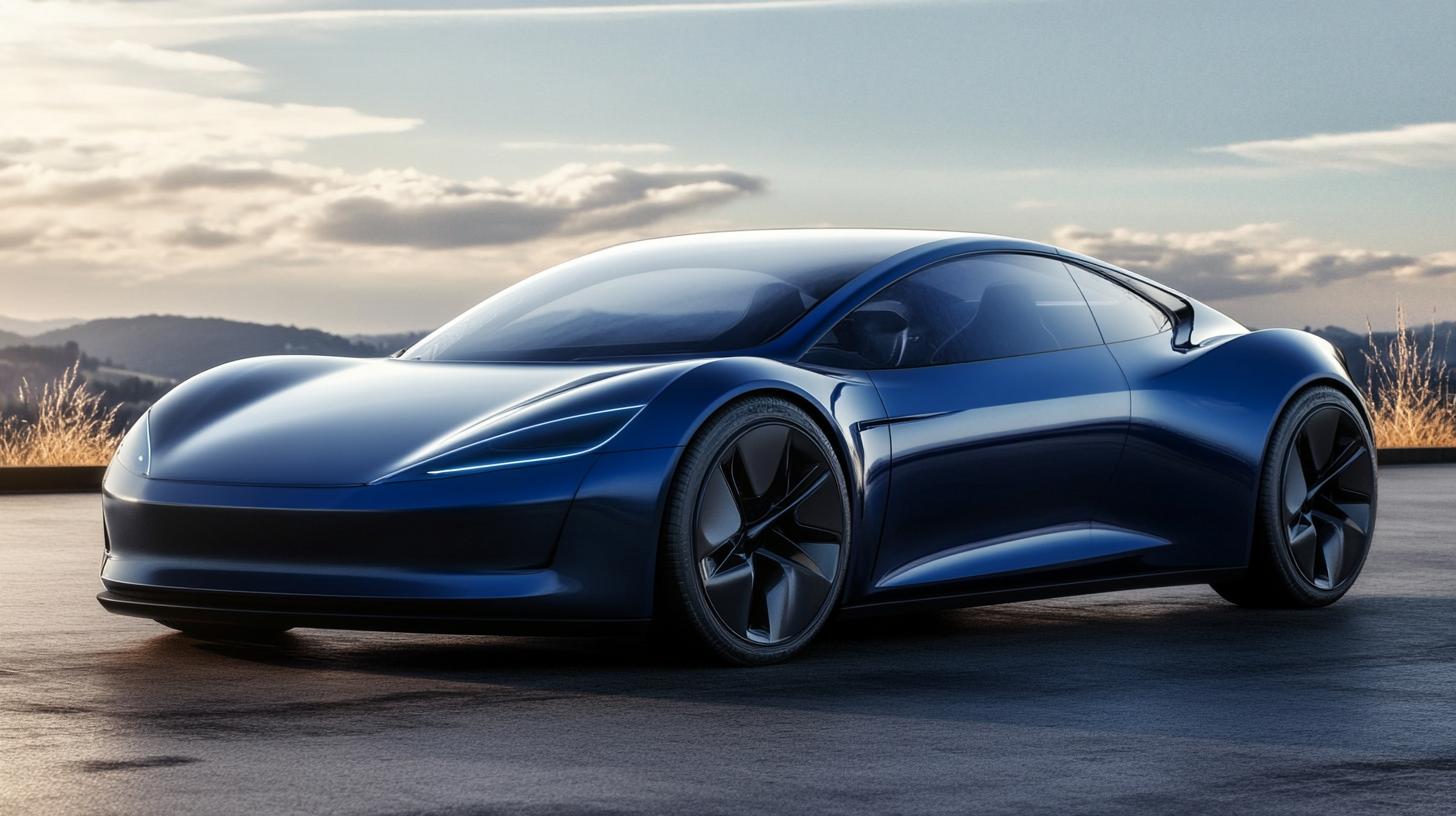The landscape for battery-electric vehicles (BEVs) in the European Union is facing unexpected challenges that could derail climate objectives. Recent data from S&P Global highlights an impending slowdown in the BEV market, projecting a 21% market share by 2025. This downward adjustment from a previous 27% prediction spells trouble for the EU’s carbon emission targets, which heavily rely on an increased presence of electric vehicles.
A myriad of factors has caused this trend. Market conditions are shifting, and global demand for electric vehicles is lagging, putting strain on European car manufacturers. While companies were betting on electric vehicles to meet emissions targets, alternate strategies are now emerging. These include partnerships between high-emission and low-emission producers, as well as the introduction of more efficient models, such as mild hybrids that blend traditional engines with small electric motors.
Martin Kupka, the Czech transport minister, emphasized the urgency for an automotive industrial action plan to prevent Europe from losing ground to global competitors. The European Automobile Manufacturers’ Association shared similar concerns, warning of the substantial compliance costs and the risk to transportation decarbonization efforts.
In addition to these challenges, the EU’s imposition of higher tariffs on Chinese electric vehicles could further impede progress. These tariffs, aimed at countering alleged subsidies from the Chinese government, could increase costs for buyers already facing financial strains. As a result, reaching emission goals for 2025—and beyond—seems even less attainable in this complex landscape.
Are Electric Vehicles Stalling Europe’s Green Future?
The push toward battery-electric vehicles (BEVs) in the European Union is hitting unexpected roadblocks, and this narrative brings to light fascinating implications for the future of technology and humanity. Though recent projections indicate a slowdown in BEV adoption, this scenario opens up novel insights and controversies worth exploring.
Innovative Alternatives in the Automotive Industry
While the projected stall in BEV adoption seems discouraging, it has led to technological pivots. One such avenue is the development of mild hybrids, vehicles that combine traditional internal combustion engines with smaller electric motors. This innovation is intriguing as it maintains the familiarity of conventional vehicles while gradually introducing electric technology.
Advantages and Disadvantages of Mild Hybrids
Mild hybrids showcase a host of benefits, including improved fuel efficiency and reduced emissions compared to purely traditional vehicles. They also present a less drastic transitional option for consumers and manufacturers unprepared for a full jump to electric. However, they do not eliminate emissions entirely, potentially undermining long-term climate goals. Are mild hybrids merely a temporary solution, or a meaningful step in the right direction?
The Role of Tariffs and Global Competition
The imposition of tariffs on Chinese electric vehicles underscores the complexity of global trade in the automotive sector. This move, meant to level the playing field against allegedly subsidized Chinese imports, could inadvertently raise costs for consumers—potentially stalling adoption at a critical juncture.
Resistance to Electric Vehicle Adoption
With new barriers to BEV adoption, the European market must also grapple with a consumer base that remains resistant to change. High purchase costs, limited charging infrastructure, and range anxiety persist as significant deterrents for many potential buyers.
Broader Implications for Climate Goals
The ramifications of the current slowdown extend beyond automobiles. If electric vehicle targets flounder, so might the EU’s ambitious climate goals. This raises the question: How can we balance political, economic, and technological factors to create a feasible roadmap toward a sustainable future?
Exploring Multiple Pathways
Europe’s struggle serves as a compelling case study for the adaptive strategies that might be required in other regions. As countries around the world pursue their green agendas, lessons from the EU could prove invaluable in navigating similar challenges.
For more insights on energy-efficient technologies worldwide, you might check out the following related links:
– U.S. Department of Energy
– International Energy Agency
The current pause in BEV growth poses significant questions for the future of mobility and technological evolution. As Europe confronts these challenges, it stands at a crossroads: will innovation triumph over adversity, or will it veer off course?







